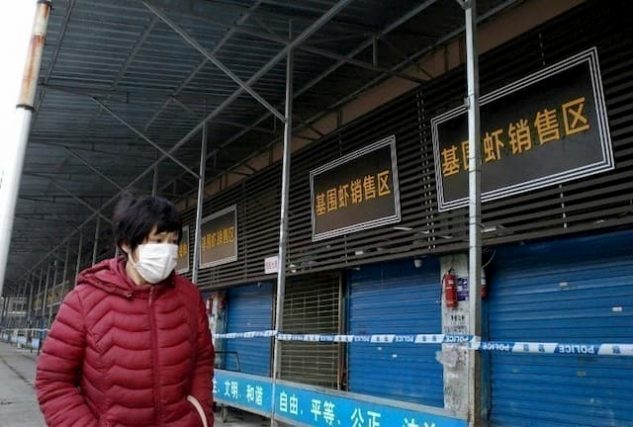Virus in China: Transmission Between Humans Confirmed, Other Countries Affected

More than 200 cases, including three fatal ones, have been identified in China after the appearance of a virus of the SARS family, which continues to spread.
Beijing in the north, Shanghai in the east and Shenzhen in the south: the mysterious disease from central China has spread to the giant metropolises of the most populous country in the world and a Chinese expert confirmed on Monday that it was transmitted between humans.
The latest report shows 218 cases in China, including three fatal.
Three affected countries
More than a month after its appearance on a market in Wuhan (center), the virus, of the SARS family (Severe Acute Respiratory Syndrome), now affects three other countries in Asia: Japan, South Korea and Thailand.
Zhong Nanshan, a renowned Chinese scientist with the National Health Commission, told state television CCTV that contagious transmission between people is “proven.”
This expert had helped assess the scale of the SARS epidemic in 2002-2003. It had killed 774 people worldwide (including 349 in mainland China and 299 in Hong Kong) out of 8,096 cases, according to the World Health Organization (WHO).

Chinese New Year Crusader
Coming out of his silence, Chinese President Xi Jinping demanded that “the spread of the epidemic be resolutely stopped”, even as the country entered as every year in the “greatest human migration” with the New Crusader Chinese year.
The communist leader considered it “absolutely crucial to do a good job in terms of epidemiological prevention and control”.
The country counted exactly 218 cases on Monday evening, including one in its economic capital, Shanghai, one of the largest cities in the world (25 million inhabitants), in a 56-year-old woman.
The virus was also detected in South Korea in a 35-year-old Chinese woman who arrived by plane from Wuhan on Sunday.
South Korean health officials said she visited a hospital in Wuhan on Saturday for a cold. She had been prescribed medication before she flew to Seoul, where her symptoms were detected. She was placed in quarantine.
The virus is causing growing concern after the death this weekend of a third person since the start of the epidemic and a significant increase in the number of new cases in Wuhan (nearly 140, the total now reaching 198). Nine patients are in critical condition.

Spread risks
The epidemic comes as the Chinese New Year festivities approach, the busiest time of the year in transportation. Hundreds of millions of people have started travelling by bus, train and plane to visit their families. The year of the Rat begins on Saturday.
Despite the risk of spread, movement in China is not currently subject to any restrictions.
The strain is a new type of coronavirus, a family with a large number of viruses. They can cause mild illnesses in humans (like a cold) but also other more serious ones like Sras.
Symptoms of SARS resemble those of pneumonia, with high fever and various respiratory problems.
During the 2002-2003 pandemic, WHO strongly criticized China for delaying raising the alarm and trying to conceal the extent of the disease.
Figures below reality?
This weekend, scientists from a research center at Imperial College in London, which advises institutions like the WHO, have questioned official figures, believing that the number of contaminations probably exceeded a thousand to 12 January.
Quoted by national television, Xi Jinping considered “necessary to disseminate information in due time and to strengthen international cooperation”.
“There is a need to strengthen the orientation of public opinion and the explanation of public policies”, he continued, while calling for “resolutely maintaining the stability of society and ensuring that the masses enjoy a stable and peaceful New Year ”.
The concern is now perceptible abroad, where prevention measures are increasing at airports from Wuhan, especially in the United States and Thailand.
Enjoyed this? Get the week’s top France stories
One email every Sunday. Unsubscribe anytime.


